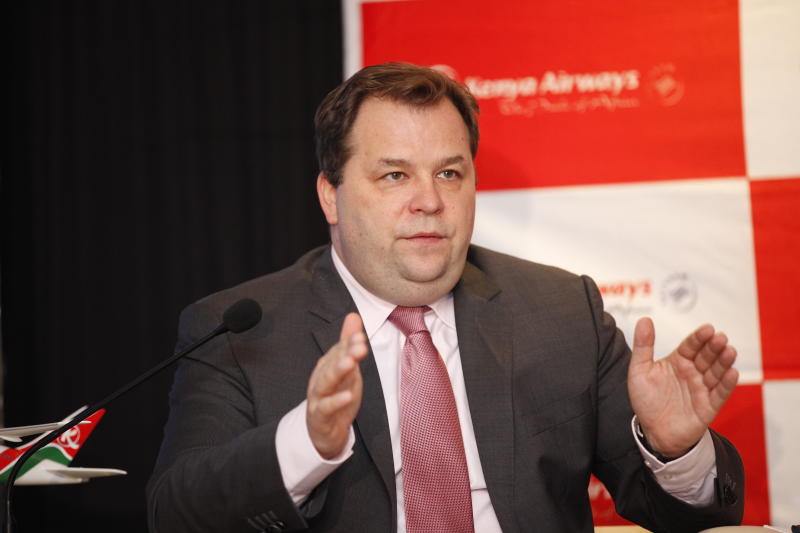×
The Standard e-Paper
Join Thousands Daily

Kenya Airways will start implementing policies aimed at cushioning it against spikes in fuel prices.
The national carrier Friday said it would later this year start hedging against fuel prices, which it said would help reduce its exposure to rising cost of oil.